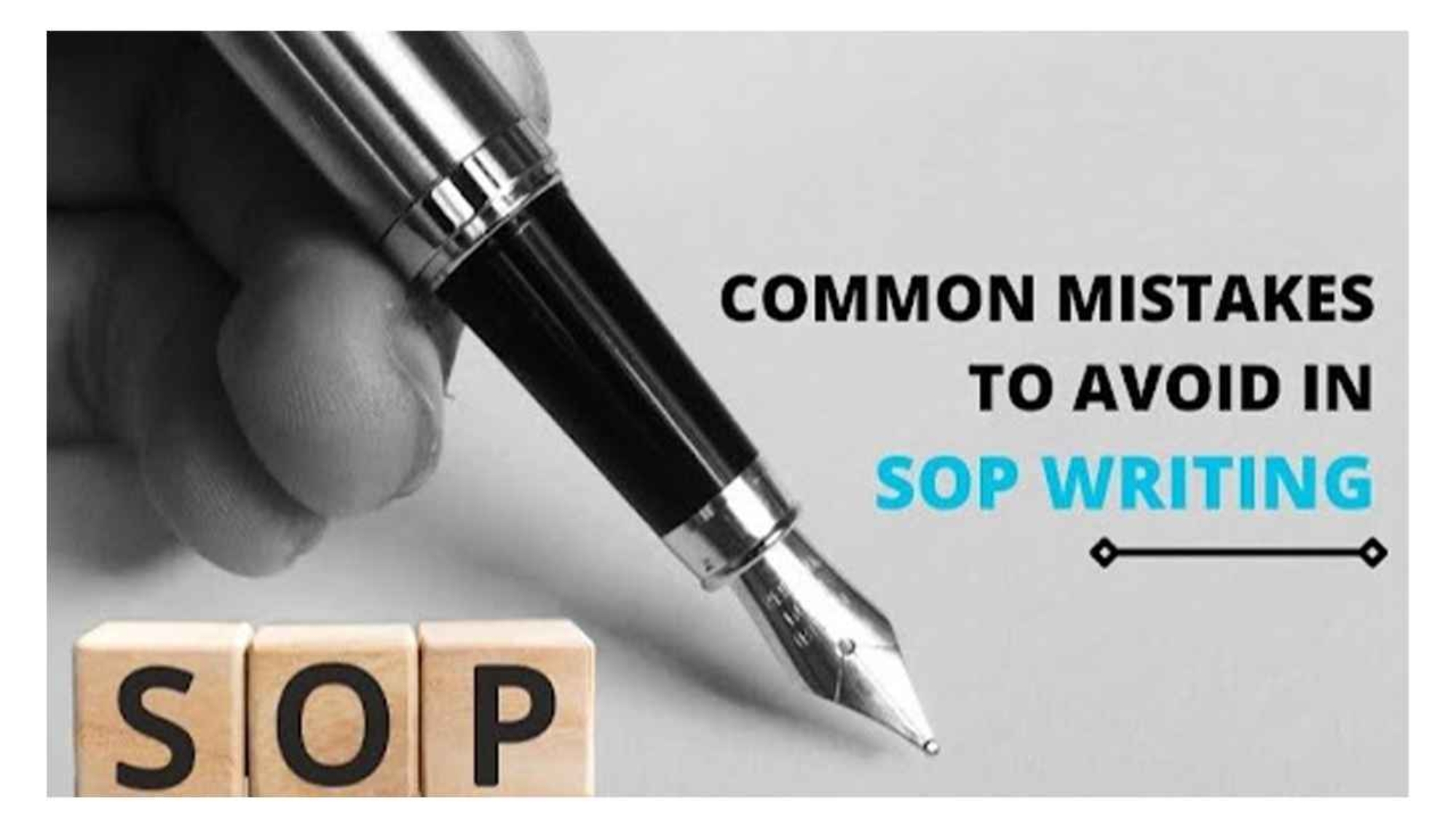Introduction
A Statement of Purpose (SOP) is a critical component of your study abroad application. It provides admissions committees with insights into your academic and professional background, your motivations for studying abroad, and your future goals. However, many applicants make common mistakes that can weaken their SOP and reduce their chances of acceptance. This article highlights these pitfalls and offers tips on how to avoid them.
1. Lack of Specificity
One of the most common mistakes is writing an SOP that is too generic. Admissions committees want to see a clear and specific connection between your background, your chosen program, and your future goals. Avoid vague statements and ensure that your SOP is tailored to the specific program and institution you are applying to.
Tips to Avoid This Mistake:
- Research Thoroughly: Understand the program and institution you are applying to. Highlight specific courses, faculty members, or resources that align with your interests and goals.
- Be Detailed: Provide concrete examples of your academic and professional experiences that are relevant to the program. Explain how these experiences have prepared you for the challenges and opportunities of studying abroad.
- Connect the Dots: Clearly articulate how the program will help you achieve your future goals. Show a logical progression from your past experiences to your future aspirations.
2. Overemphasis on Personal Stories
While personal anecdotes can make your SOP more engaging, overemphasizing them can detract from your academic and professional qualifications. It’s important to strike a balance between personal stories and professional achievements.
Tips to Avoid This Mistake:
- Stay Relevant: Use personal stories that are directly related to your academic and professional journey. For example, a story about a research project or an internship experience can illustrate your skills and interests.
- Highlight Achievements: Focus on your academic and professional accomplishments. Use specific examples and metrics to demonstrate your qualifications and readiness for the program.
- Maintain Professionalism: Remember that your SOP is a formal document. Keep the tone professional and avoid overly personal or emotional language.
3. Ignoring the Audience
Your SOP should be tailored to the admissions committee of the specific program you are applying to. Many applicants make the mistake of writing a generic SOP that doesn’t resonate with their target audience.
Tips to Avoid This Mistake:
- Know Your Audience: Research the admissions committee and understand their expectations. What qualities and experiences are they looking for in candidates?
- Customize Your SOP: Tailor your SOP to address the specific needs and interests of the admissions committee. Highlight the experiences and skills that are most relevant to the program.
- Use Appropriate Language: Use terminology and language that is common in your field of study. This shows that you are knowledgeable and familiar with the academic discipline.
Conclusion
Writing a compelling Statement of Purpose for studying abroad requires careful thought and attention to detail. By avoiding common mistakes such as lack of specificity, overemphasis on personal stories, and ignoring the audience, you can create an SOP that effectively showcases your strengths and sets you apart from other applicants. Remember, your SOP is a reflection of your academic and professional brand, so take the time to craft it thoughtfully.


Add a Comment